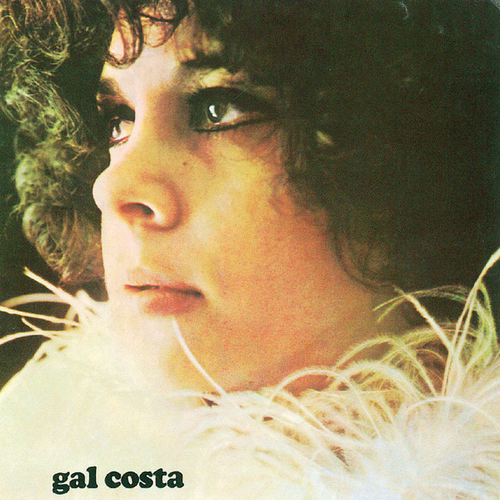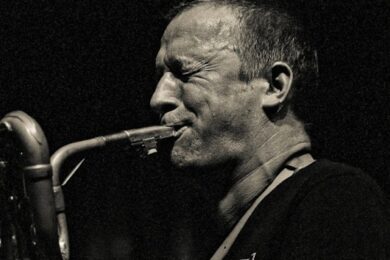13. Gal CostaNao Identificado

That was another shock. I’d always had a very tricky relationship with Brazilian music. I never got it. The rhythms and the melodies, it didn’t kick me, until my friend John Corbett played me this record in Chicago years ago. I was bitching about Brazilian music, saying it was light, there was no complexity to it, blah blah blah. He didn’t say anything, he just went for this record and put it on. I was speechless! It was so amazing. And then we sat the whole evening and he just played me all those Tropicália masterworks. Domingo, the one with Caetano Veloso, and a lot of Veloso’s records, and Os Mutantes, and it’s like, who had been hiding this music from me, who can be so evil not to play it for me? [laughs] The first record he played for me is this one and it’s still my favourite. I don’t know why that is, but I just find it so rich. The song ‘Baby’, that would be the perfect introduction for someone who says the same stupid shit I did. That’s one of the most amazing ballads ever done. All her early records, and all Veloso’s early records, that whole Tropicália time, ’68-’72, it’s such an interesting time in music, and also all the political connections. There’s a lot to talk about with the whole movement. There’s actually a film that’s just been released – I haven’t seen it yet, it’s waiting for me at the post office – called Tropicália. I think it’s the first real serious look at the movement, with all the political connotations. But this record, it’s a monster. As a discaholic it’s a real joy to tour Brazil with The Thing, because there’s just so much music there, so much vinyl, so many names I had no idea about, around that period especially. The early bossa period, there’s some amazing stuff too, but my preference is the late 60s, that’s an amazing period. It’s experimental, but it’s great songs. That’s what really kills me. It’s easy to make experimental music, but it’s hard to make a good song. And when you combine the two like this whole movement did, it just blows my mind.


